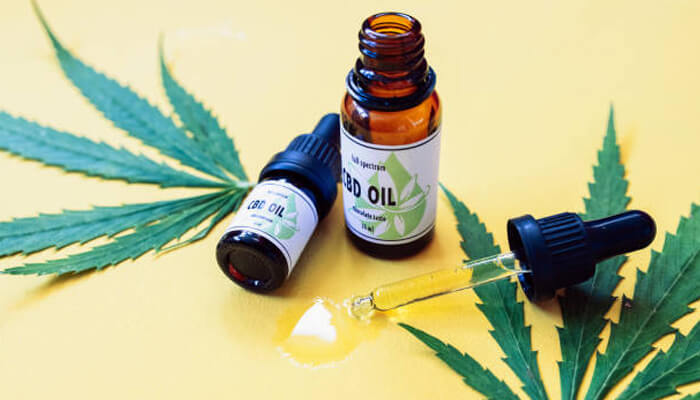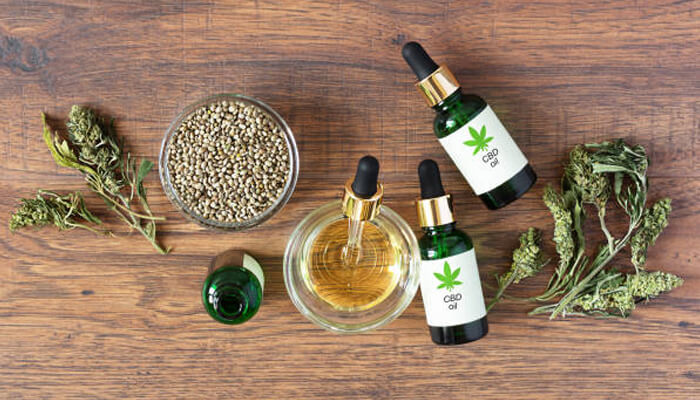There are plenty of reasons to like CBD hemp oil. The cannabinoid is non-intoxicating, so you don’t have to worry about feeling high. It is widely available throughout the United States and dozens of countries worldwide. CBD oils are linked with numerous benefits, including pain relief, improved sleep, and decreased anxiety. However, it is incorrect to state that CBD oil is a perfect product because no such thing exists. This article looks behind the curtain and outlines the negatives of CBD oil.
The CBD Oil Industry Is Poorly Regulated
Unfortunately, the lack of regulation in the industry means that the CBD hemp oil you buy isn’t necessarily as good as advertised. In the last few years, researchers have found that product mislabeling remains a big problem within the CBD market. Such products may contain excessive THC, which could theoretically cause the user to fail a drug test at work!
Also, some CBD oils don’t come with third-party lab reports. Without this information, you have no idea if the brand is telling the truth about the cannabinoid content. Moreover, a lab report proves that CBD oil doesn’t contain pesticides, insecticides, heavy metals, or other harmful chemicals.
Although research is ongoing, most studies involve large concentrations of CBD hemp oil. Therefore, we don’t have the full picture regarding the benefits of smaller doses. Moreover, there is no specific recommended dosage for specific purposes. While 10mg a day might be useful for one person’s anxiety, another individual may require 30mg.
It could take some time before we know the ‘right’ amount of CBD to consume.
CBD Oil May Have Side Effects
It is incorrect to suggest that CBD hemp oil has absolutely no side effects. The World Health Organization (WHO) indeed said cannabidiol appears to be well tolerated in humans. There is evidence that humans can consume over 1500mg of CBD oil daily with no discernible ill effects. Also, cannabidiol shows no signs of being addictive, either.
While the above is great news, CBD oil can occasionally cause adverse effects. Typically, they are minor and may include reduced appetite, dry mouth, diarrhea, fatigue, and drowsiness.
Another potential issue is that CBD oils interact with a high percentage of prescription drugs currently on the market. Potentially serious drug interactions include warfarin, a common blood thinner, and amiodarone, a heart rhythm medication.
If you’re using a drug that carries a grapefruit warning, don’t use CBD hemp oil. It is a good idea to discuss your potential use of the cannabinoid with a doctor if you are currently using any other medication.
CBD Oil’s Taste & Texture Doesn’t Appeal to All
While you might feel as if you’re consuming something healthy, it’s fair to say that the taste and texture of CBD oil aren’t always appealing. For one thing, high-quality hemp carries a bitter, earthy taste that can linger on the palate. You’re supposed to hold the liquid beneath your tongue for 60+ seconds when you use CBD hemp oil. In this instance, there is no escaping the bitter taste!
Also, as CBD hemp oil comes with a carrier such as olive oil or coconut oil, the greasy texture may not prove appealing.
However, many brands sell CBD oils in various flavors, including mint chocolate, citrus, vanilla, and much more.
You also have the option of choosing a different consumption method. There are topicals, gummies, vape liquids, chocolates, and more.
Final Thoughts on the Negatives of CBD Oil
CBD hemp oil indeed comes with some negative aspects. However, it is possible to overcome these obstacles and enjoy the benefits of this non-intoxicating cannabinoid. The industry is poorly regulated, so stick with reputable brands such as Premium Jane, which is known for its high quality. Never buy CBD oil unless it comes with a third-party lab report.
If you’re currently using medication with a grapefruit warning, you shouldn’t use CBD. Drug interactions are potentially dangerous, so talk to your physician before trying any cannabidiol product if you use an OTC or prescription drug. Apart from this issue, you may experience mild adverse effects such as dizziness or nausea. If using CBD for the first time, begin with a small amount to gauge your tolerance and increase the dose if necessary.
Finally, if you don’t like the taste of CBD oil, there are plenty of flavored options. If you dislike the texture, try gummies or capsules instead. With CBD, there is something to suit almost every need.




